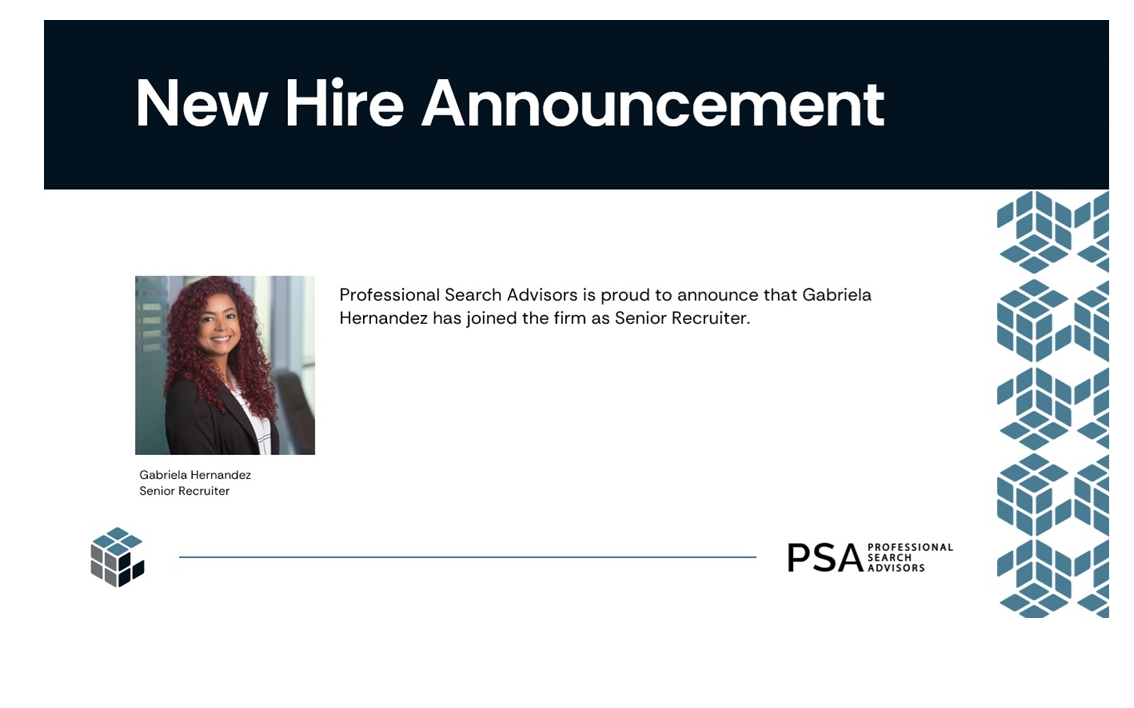In the dynamic world of business, success is achieved through the contributions of individual players making up larger teams and organizations. The ability of these team members to perform at their best is often defined at the very beginning of their employment: specifically, during their onboarding period. Onboarding processes are not merely a formality but a pivotal step that sets the tone for an employee’s journey within a company. Research indicates that a robust onboarding process significantly impacts an employee’s experience, performance, and ultimately, the success of the business. Let’s investigate how employers can establish a strong relationship from the very beginning through a solid onboarding process.
1. The Significance of an Established Onboarding Process
A well-executed onboarding process is not just about welcoming a new member; it’s about safeguarding the company’s reputation and operational efficiency. By providing the necessary tools and support to new employees, the company sets them up for success from day one.
Additionally, an effective onboarding process is instrumental in fostering employee retention. Investing time and resources in onboarding pays dividends in the form of long-term commitment and loyalty from employees.
2. Overview of a Good Onboarding Process
A well-established onboarding process begins even before the new employee sets foot in the office. Clear communication about what to expect on the first day and in the initial weeks lays the groundwork for a smooth transition. Timely provision of essential supplies, such as laptops and branded materials, demonstrates preparedness and professionalism from the employer. During the onboarding phase, structured sessions and organized activities ensure productivity without overwhelming the new team member.
3. Continuous Onboarding: Investing in Growth
Onboarding doesn’t end after the initial orientation phase; in its best form, it’s a continuous journey of learning and development. Providing access to training programs and regulatory updates ensures that employees remain engaged and equipped with the necessary skills to perform well in their roles. By investing in their growth, companies foster a culture of excellence and innovation, where employees feel encouraged to continuously solidify their skills and expand their knowledge. In turn, employers ultimately benefit from a more committed, knowledgeable, and capable workforce. Upskilling and training programs are readily accessible these days through government-sponsored and private suppliers, and employers can easily do their research to identify the most suitable options for their teams, depending on their budget and goals.
4. The Power of Personalization
An often overlooked way by employers to develop strong relationships based on respect and consideration with their team members is taking the time to understand employees on a personal level, outside the context of their roles. Regular check-ins and genuine interest in their personal goals and aspirations foster a sense of connection and belonging. By acknowledging their individual circumstances and preferences, employers can tailor support and resources to meet their unique needs, enhancing overall satisfaction and productivity.
An effective onboarding process not only sets the stage for a positive employee experience but also directly impacts business outcomes. Research by the Society for Human Resource Management (SHRM) indicates that organizations with a standard onboarding process experience 50% greater productivity from new hires. Moreover, employees who go through a structured onboarding program are 58% more likely to remain with the organization after three years.1
In the real estate sector, where projects are complex and timelines are tight, having a well-prepared workforce is crucial to business operations. A strategic onboarding process ensures that employees hit the ground running, armed with the knowledge, skills, and resources they need to succeed. Whether it’s understanding company policies, mastering specialized software, or building relationships with key stakeholders, a thorough onboarding program lays the foundation for long-term success.
1https://www.shrm.org/topics-tools/news/talent-acquisition/dont-underestimate-importance-good-
onboarding




